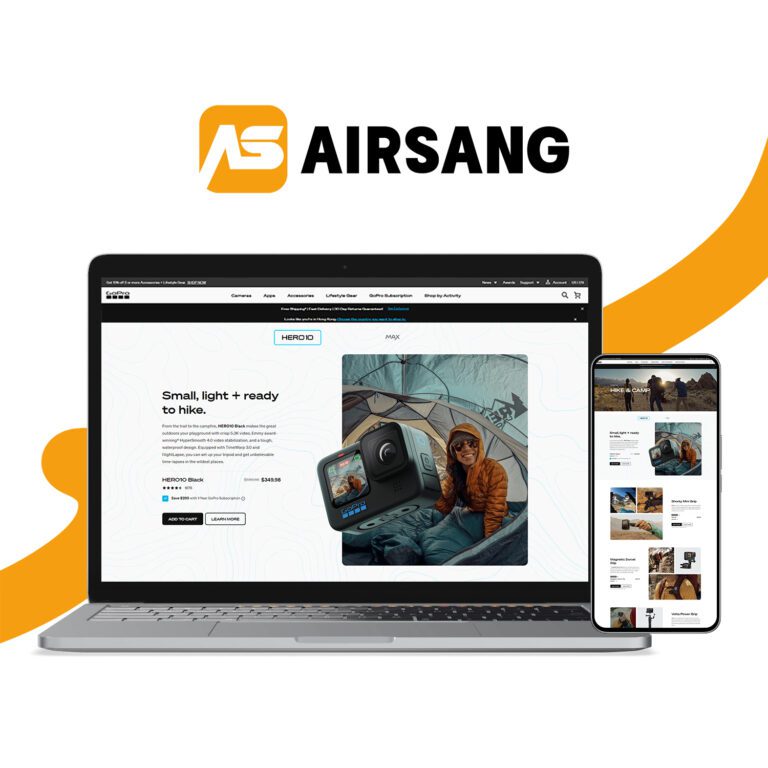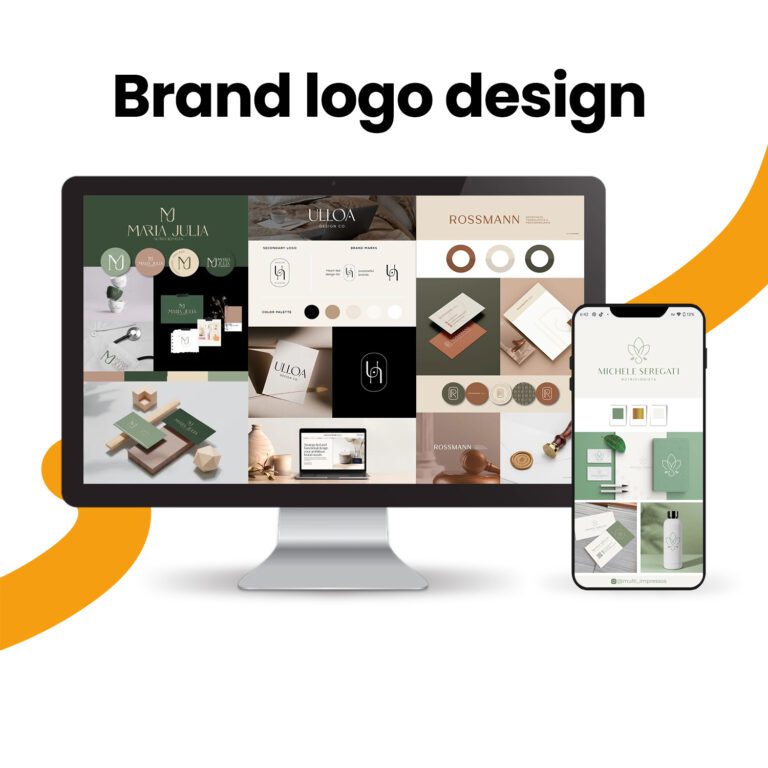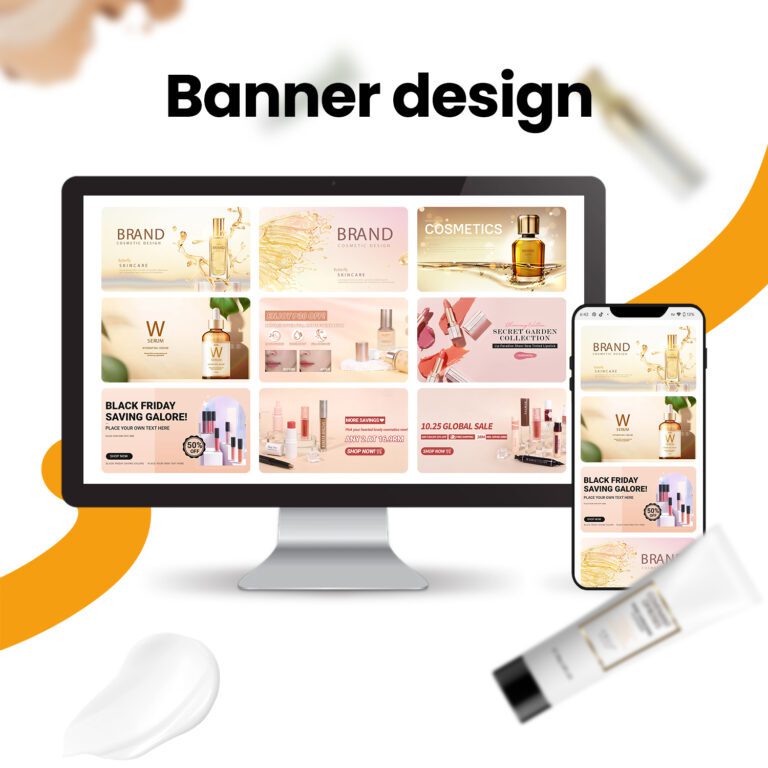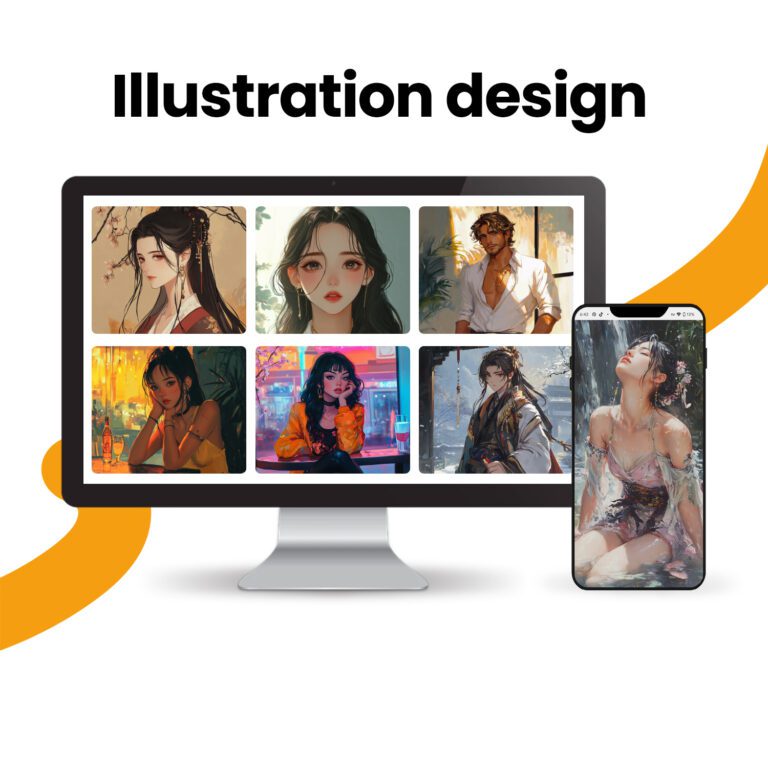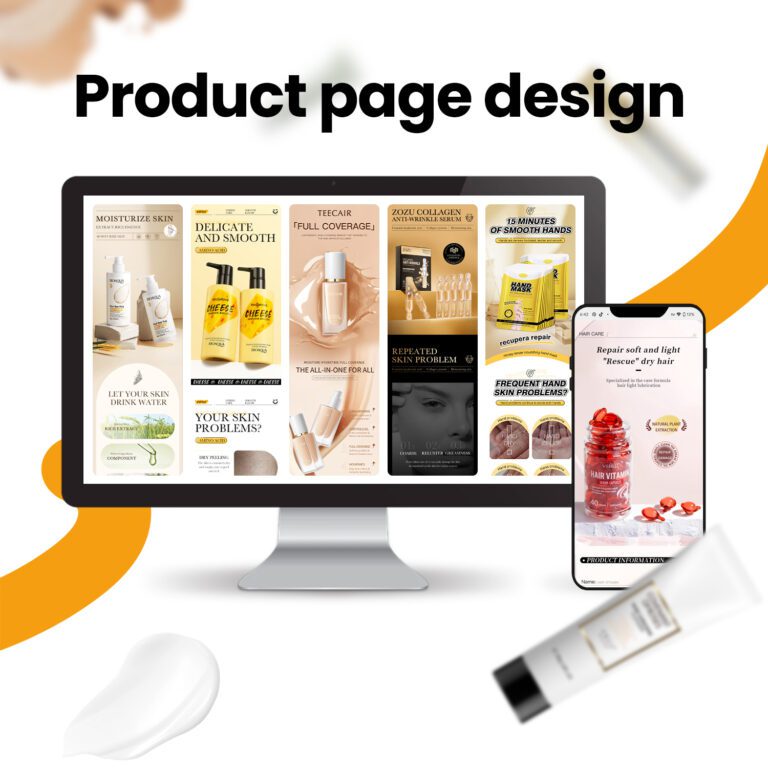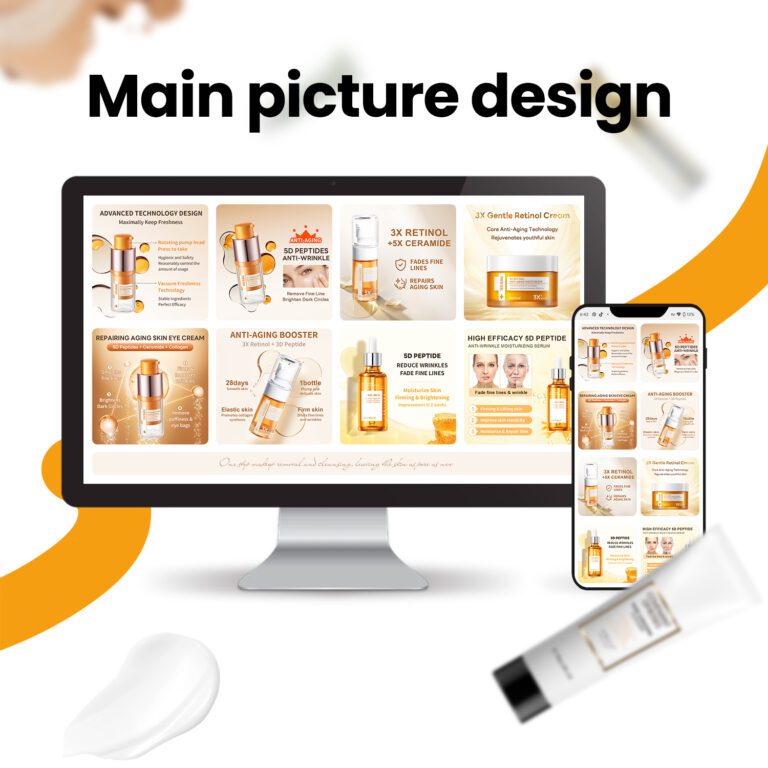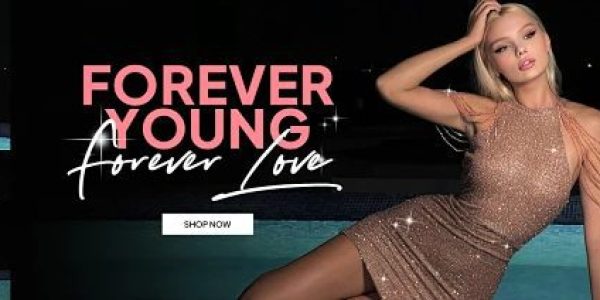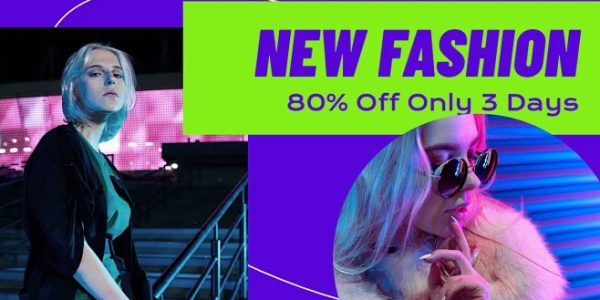How to Make Products View Only on Shopify

Introduction
Wondering how to make products view only on Shopify? This guide explores practical methods, benefits, and design strategies for showcasing items without direct checkout, helping you build exclusivity while creating an engaging customer experience.
Why View-Only Products Matter
Defining “View Only”

In Shopify, a view-only product is one customers can see but cannot immediately buy. Instead of “Add to Cart,” you might display:
- “Request a Quote”
- “Learn More”
- “Coming Soon”
- “Contact Us for Pricing”
This feature is especially valuable for industries where selling directly online isn’t always the goal.
Business Scenarios That Benefit
- Wholesale or B2B Catalogs
Many wholesalers want potential buyers to browse without setting retail-level prices. Instead, customers can request a custom quote. - Luxury and Limited Editions
High-end brands often restrict direct checkout to preserve exclusivity, encouraging personal contact instead. - Customizable or Made-to-Order Products
For products requiring customer input—such as engraving, tailoring, or large-scale installations—view-only pages guide customers toward inquiry forms. - Prelaunch and Preorder Marketing
Brands preparing for product launches may tease collections with “view only” pages to build excitement before the official release.
How to Make Products View Only on Shopify
Option 1: Modify Product Availability
The simplest method is adjusting product settings:
- Set inventory to zero
- Hide checkout options while keeping the product visible
This prevents purchases while still allowing browsing.
Option 2: Use Shopify Apps
Specialized apps provide flexibility:
- Replace “Add to Cart” with inquiry buttons
- Add quote-request forms directly on product pages
- Show “catalog only” modes
These tools allow merchants to maintain a polished, functional catalog without heavy custom coding.
Option 3: Customize Your Theme Design
Design is often overlooked. A simple removal of the buy button creates confusion. Instead:
- Replace with a custom CTA (e.g., “View Details”)
- Add labels like “Display Only” or “Wholesale”
- Insert inquiry or contact links
This ensures customers know what to do next.
The Design Connection
Creating a Seamless Experience
Even without a checkout option, design determines how customers perceive your brand. Consider:
- Typography: Use bold fonts for CTAs so customers don’t feel lost.
- Color cues: A different button color can signal “request only.”
- Navigation flow: Guide users from view-only products to inquiry pages without friction.
Avoiding UX Pitfalls
A major mistake is simply disabling the purchase button. Customers often perceive this as a broken store. Instead:
- Add contextual text (“This item is available by request”)
- Provide alternatives (similar products in stock)
- Use visual storytelling to maintain engagement
Benefits of View-Only Products
1. Building Exclusivity
Exclusivity attracts attention. When products are view-only, customers feel they are part of a selective audience, motivating them to reach out.
2. Driving Direct Engagement
Instead of an automated checkout, you create a human touchpoint. This helps build relationships, especially for B2B clients.
3. Controlling Pricing Strategy
By making products view-only, you can withhold public pricing while negotiating with customers privately.
4. Enhancing Brand Storytelling

Instead of pushing for a sale, you tell a story. High-quality visuals, thoughtful copy, and strategic layout can make a view-only page just as powerful as a sales page.
Practical Design Approaches
Wholesale Storefronts
For wholesalers, design should emphasize clarity:
- Product categories arranged logically
- Inquiry forms integrated seamlessly
- Consistent brand presentation across catalog pages
Luxury Goods
Luxury design thrives on minimalism:
- Large lifestyle imagery
- Elegant typography
- Clear but discreet inquiry options
Customers should feel invited, not pressured.
Prelaunch Products
Here, design drives excitement:
- Countdown timers
- “Notify Me” signups
- Visual teasers
The goal is to build anticipation before release.
Best Practices for Success
Communicate Clearly
Ambiguity hurts trust. Always explain why products are view-only.
Provide Alternative Paths
If customers cannot purchase, give them a next step:
- Subscribe for updates
- Contact for quotes
- Explore related products
Maintain Consistency
The view-only setup should feel natural within your Shopify theme. Avoid sudden design changes that confuse visitors.
Optimize for Mobile
Many customers browse on mobile. Ensure buttons, CTAs, and messages remain visible and easy to tap.
Case Study Style Examples (Generalized)
- Jewelry Brand Previewing Collections
- Showcased high-resolution product images
- Used “Request Availability” buttons
- Increased sign-ups by offering early access
- B2B Supplier Catalog
- Presented detailed technical specs
- Removed public pricing
- Redirected visitors to contact sales reps
- Lifestyle Brand Prelaunch
- Created a “Coming Soon” section with teaser visuals
- Built a mailing list of 20,000 before launch
- Converted prelaunch curiosity into immediate sales
The Role of Professional Website Design
More Than Just Hiding Buttons
Technically, anyone can remove checkout options. But design transforms the strategy into an experience. A professional approach ensures your pages remain polished, persuasive, and purposeful.
Balancing Function and Aesthetics
Good design keeps visitors engaged while guiding them toward inquiry actions. This means:
- Visual hierarchy draws attention to messages
- Trust signals (reviews, badges) reinforce credibility
- Responsive layouts adapt seamlessly across devices
Why DIY Can Hurt Your Brand
Simply disabling features may look unprofessional. Customers might interpret your site as broken or incomplete. A carefully designed view-only experience, however, enhances trust and strengthens your brand image.
Advanced Strategies for Engagement
Integrating Forms
Instead of ending the journey, integrate inquiry forms directly into product pages. This reduces friction and keeps customers engaged.
Linking to Content
Use view-only products to lead visitors to:
- Blogs explaining your product story
- Videos showing craftsmanship
- Social proof through case studies
Upselling Alternatives
If one product is unavailable, direct visitors to similar items in stock. This keeps conversions flowing.
SEO and Marketing Considerations
Keyword Optimization
Even for view-only products, SEO matters. Optimize descriptions with relevant terms to ensure your catalog attracts organic traffic.
Using View-Only as Content Strategy
Think of view-only products as content. They tell stories, support SEO, and create opportunities for newsletter signups and remarketing.
Conversion Beyond Checkout
Remember: conversion doesn’t always mean “sale.” It could mean an email signup, a wholesale lead, or a product inquiry.
Common Mistakes to Avoid
- No Explanation: Simply removing the “Add to Cart” button leaves customers confused.
- Cluttered Layouts: Overloading pages with text or CTAs distracts visitors.
- Ignoring Mobile Users: Poor mobile adaptation creates frustration.
- No Next Step: If you don’t guide visitors, they leave without engaging further.
Final Thoughts
Making products view-only on Shopify is both a strategic and design decision. While Shopify gives you tools to limit purchases, it’s design that transforms this into a compelling brand experience. From wholesale catalogs to luxury launches, view-only products can build exclusivity, trust, and anticipation.
For businesses seeking to implement view-only strategies effectively, professional design plays a decisive role. By balancing aesthetics, functionality, and customer engagement, you ensure your store not only looks polished but also delivers meaningful results.
If you’re ready to elevate your Shopify store with tailored solutions—including view-only product strategies—our team at AIRSANG specializes in creating eCommerce designs that inspire trust, boost engagement, and drive long-term success.

